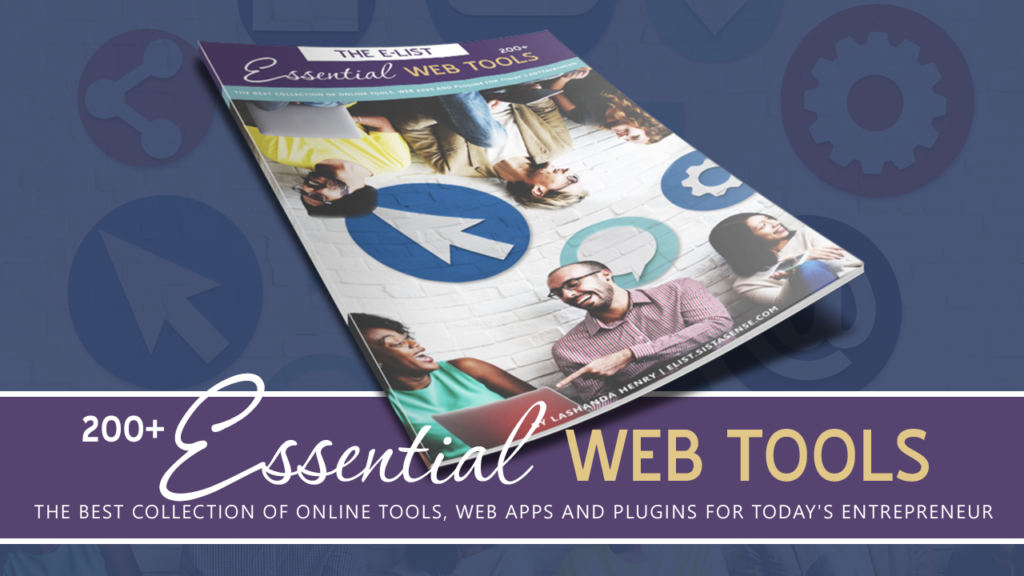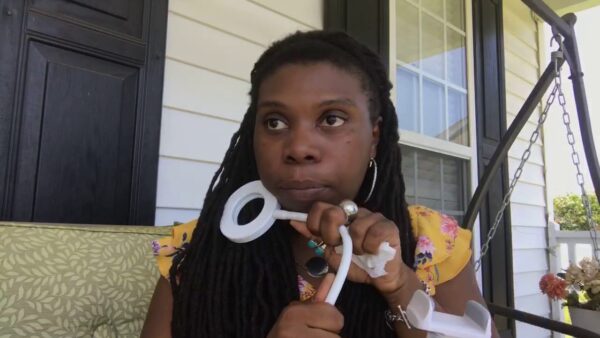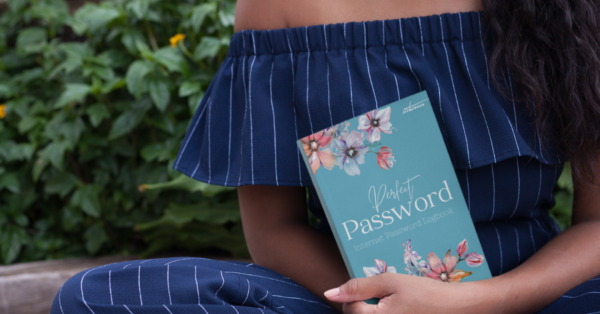Ebony Jet Article:
The Art of Sou-Sou
an old african custom might be just the cure for good old american capitalism
By Donna Johnson and Boyd Klingler
Who says TV isn’t educational? We first heard of sou-sou while watching an episode of the People’s Court. It didn’t surprise us that Judge Marilyn Milian was familiar with the concept of sou-sou, her being Cuban and all. But when we asked some of our well-heeled Wall Street friends about it, we found that many of them knew nothing of this mostly obscure, off-the-books type of banking. Those who did only sniffed dismissively at what some call a “poor people’s banking system.” But sou-sou has a street cred all its own.
Said to be centuries old, sou-sou originated in Africa. From that time it has undergone many evolutions since immigrating to this country with its practitioners. Sou-sou has been adopted in various forms by Caribbean, Asian and Latino communities in America as well.
The way sou-sou works is through a savings arrangement where a group of people each pool an equal amount of money for a period time which could range from two weeks, a month, even up to a year. After that time expires, one person in the group gets all the money. The members continue making equal contributions until everyone gets their turn receiving the full lump sum at least once. The size of the fund is typically modest, varying from a few hundred to a couple thousand dollars. This investment was usually done to procure a down payment for a house, legitimately enroll a larger sum into a traditional bank account, pay for educational advancement, or to launch a business.












The sou-sou (esusu — as we call it) is an incredibly powerful economic resource. I am an African American woman who started and moderated an esusu with up to 25 Black women at a time. Each month we contributed a nominal amount (up to $200 each, depending on what the majority of members could afford) each month and rotated recipients monthly. It was incredibly empowering, and useful. At first, some said the money was too little to be meaningful, but it began to get exciting after the first recipient got that $5000 cash money in her hand just in time for tuition, insurance, taxes, etc. It’s easy to see how a more sophisticated system of our little esusu could fund a business, a new home, or boost retirement savings.
~Rhonda Kuykendall-Jabari
I watched that episode,too. But I think that their sou-sou went wrong.
I need to start one, though. I think it does encourage people to share and support each other.
It’s still big in the Caribbean. Mom, aunts and a lot of their friends do it.